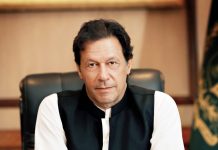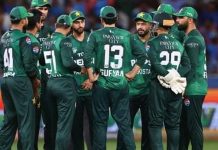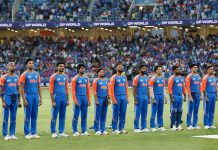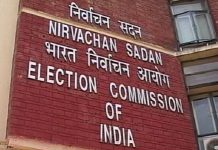
Media scrutiny and
experts have analysed
every move made by N
Srinivasan. Photo: AFP
In its January 22 judgment on match-fixing and illegal betting in the Indian Premier League (IPL), the Supreme Court came down heavily on the BCCI President, N. Srinivasan, because of three instances of conflict of interest related to IPL. Therefore, the apex court maintained that Srinivasan could not continue both as the Board’s head, and the owner of IPL franchise, Chennai Super Kings (CSK), through his and his family-promoted India Cements Ltd.
The first instance was in late 2008, when the BCCI awarded Rs 10.40 crore compensation to CSK due to the cancellation of the Champions League, in which top franchises from cricket-playing nations compete.
Although other BCCI officials were involved in the decision, and another franchise, Rajasthan Royals, received a similar amount, the order stated that it showed that Srinivasan was “privy to a self-serving decision that benefitted India Cements Ltd, a company promoted by Mr Srinivasan”.
Second was when BCCI paid over Rs 13 crore to CSK in 2009. When it was argued that the money was returned by India Cements, the Court observed that this was only because of the public outcry that raised the pitch for the removal of Srinivasan from BCCI because of his varying conflicts of interest.
According to the order, the money was returned “under public pressure and in recognition of the fact that the amount was not actually due and yet was paid to the detriment of BCCI who is a trustee of general public interest in the sport of cricket and everything else that goes with it.”
The third instance was in 2013, when the Mumbai Police charged Srinivasan’s son-in-law, Gurunath Meiyappan, with illegal betting. The Court was convinced that “a clear conflict of interest has risen between what is Mr Srinivasan’s duty as President of BCCI… and his interest as father-in-law of Mr Gurunath Meiyappan and owner of team CSK….”
The two judges added that “the argument that Mr Srinivasan owns only 0.14% equity in ICL (India Cements Ltd) is of no avail if not totally misleading when we find from the record that his family directly and/or indirectly holds 29.23% of the equity….”
Given the above instances, the apex court ruled that BCCI’s decision to amend Rule 6.2.4 on September 27, 2008, when Srinivasan became the President, was bad in law.
Initially, the rule barred cricket administrators, including the President, from having commercial interests, directly or indirectly, in the matches or events conducted by BCCI. In 2008, the amendment allowed them to have commercial interests in specific events like the IPL and Champions League Twenty20.













